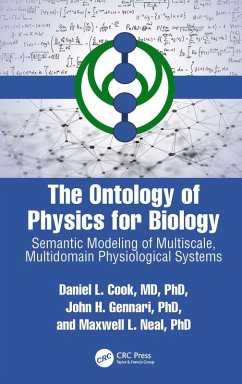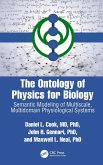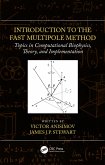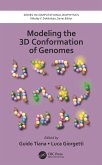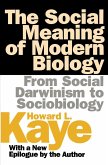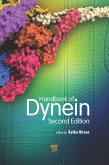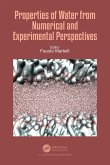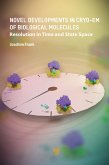This book introduces the Ontology of Physics for Biology (OPB), a computable knowledge resource for representing, annotating, and reasoning about multiscale, multidomain physiological systems. It links qualitative reasoning to quantitative analysis of biophysical processes in health and disease.
Dieser Download kann aus rechtlichen Gründen nur mit Rechnungsadresse in A, B, BG, CY, CZ, D, DK, EW, E, FIN, F, GR, HR, H, IRL, I, LT, L, LR, M, NL, PL, P, R, S, SLO, SK ausgeliefert werden.

